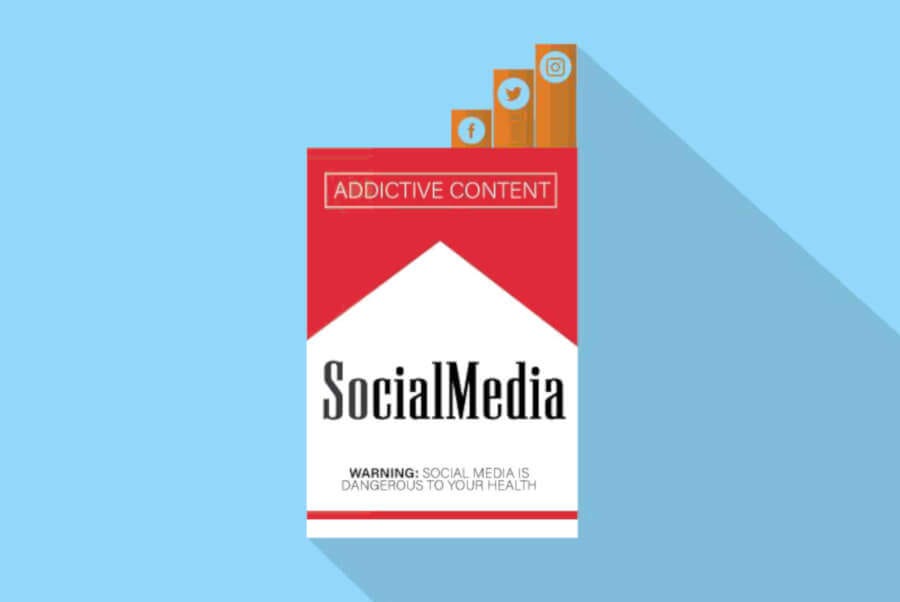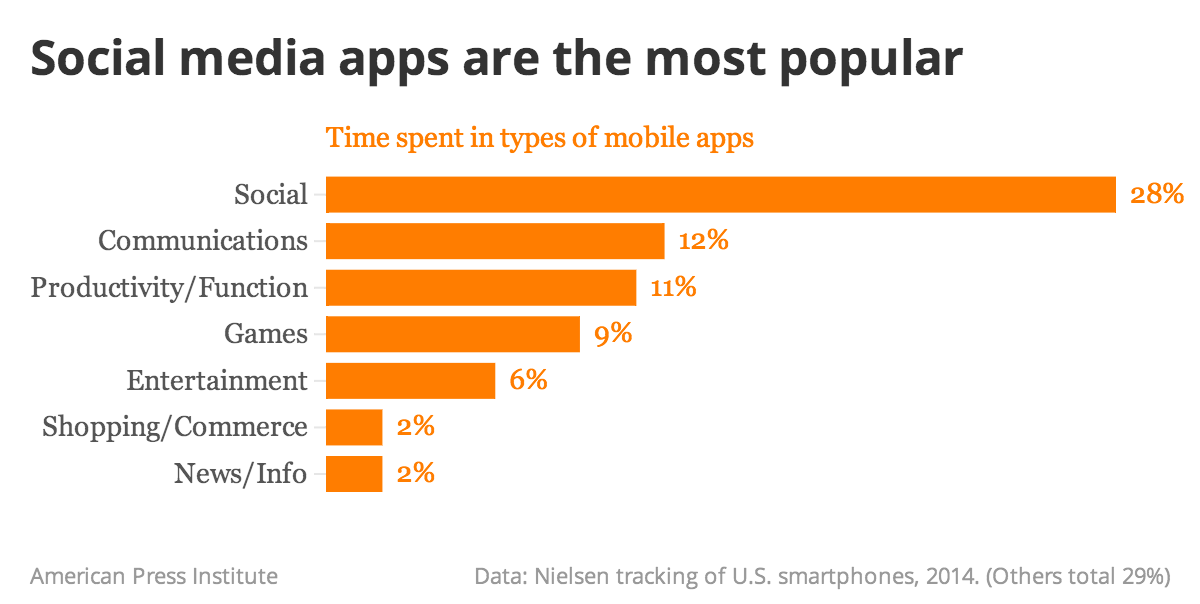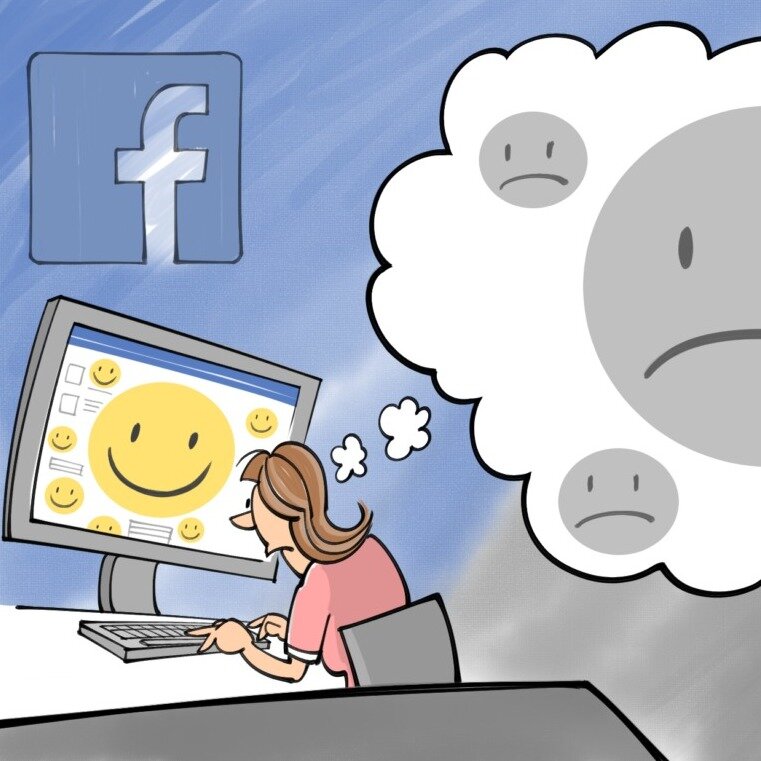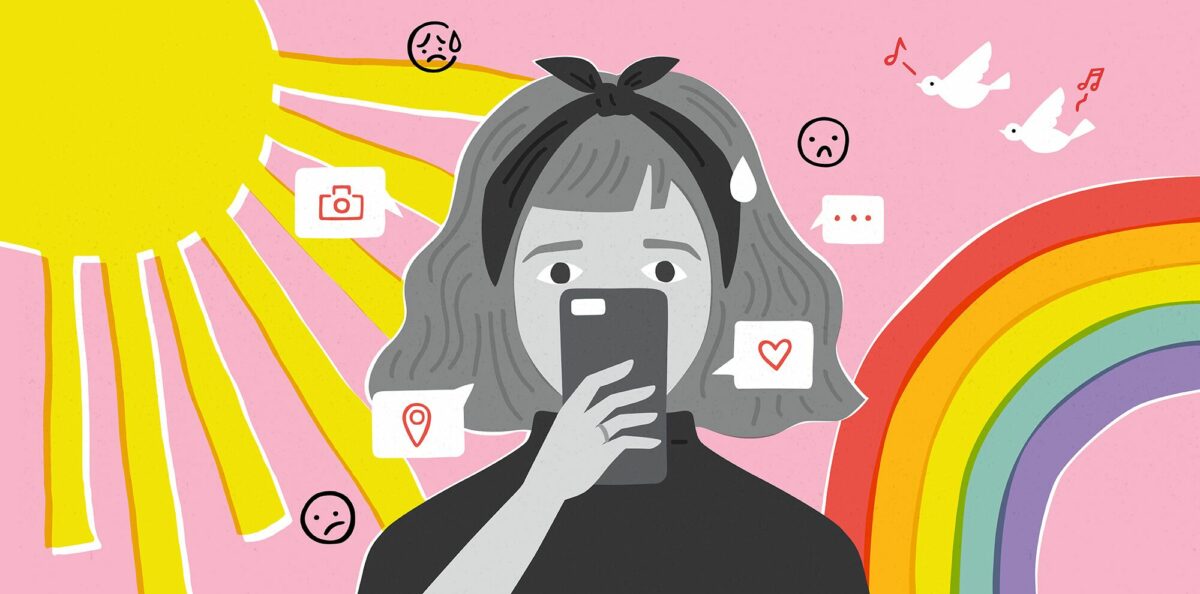As technology wires its way deeper and deeper into our society it becomes more powerful. Machines and devices grow smarter and are able to do more with everyday that passes us. We rely on our phones and computers for so many everyday activities without realizing what these devices are using us for in turn. Since this blog focuses on social media addiction, I felt that it was fitting to include a post discussing the information we give out about ourselves and where this information goes. This should be an enlightening post about internet privacy, which will surprise you and teach you a lot about how to protect your privacy when enjoying the use of social media and the internet.

Nothing in life is free. It may be free to download an app like instagram, however you actually are paying something. Something that can be a lot more valuable than money. What you are providing these apps with is information about yourself. Information like what kind of shoes you like, how much time you spend on certain pages, when you use social media and when you don’t, and many other tendencies that you are probably unaware are being stored and used against you. Humans unknowingly share so much about themselves through the use of social media. I you think about it, on an app like Instagram, a user likes pictures of things they want to see more of. They provide information all about themselves, which is perfect for companies to use. Just by observing your online habits for a week they know what to advertise to you and what not to, as well as when you are most likely going to view their add. This information is incredibly valuable because it is an absolute advantage to know your audience before advertising to them. No wonder social media apps are free, you are paying with something way more valuable than money; the deepest inside into who you really are. It was estimated that in 2018 companies spent over 19 billion dollars acquiring and then analyzing people’s data (Matsakis, 2019). no wonder these apps are free!

Let’s explore what a personalized social media app such as Instagram or Tiktok uses you for. Information such as your geolocation data, pictures you are in and tagged in, facial recognition data, transactional data, time of use, liked pictures, and many other things are saved and potentially later used by companies to learn about you (Online Security, 2018). Anyone would be concerned and creeped out if someone followed them around learning about their lifestyle and then reporting back to another source. This is essentially what is happening online except all the learning and data collection is done behind the scenes so you are less likely to resist. In an ever-changing world it is important to stay informed about what is going on around you to stay safe and maintain your individuality. Next time you scroll through social media or post something, remember that your data is not actually only seen by your followers, but by many more eyes that want to learn about your habits to market to you. Stay safe and vigilant, our world is changing rapidly and you need to change with it!
Sources Used:
Matsakis, Louise. “The Wired Guide to Your Personal Data (and Who Is Using It).” UCLA IT Services, 31 July 2019, www.it.ucla.edu/security/cybersafebruin/wired-guide-your-personal-data-and-who-using-it.
Online Security. “What You Need To Know About Instagram’s Privacy Policy.” Identity Guard, www.identityguard.com/news/what-you-need-to-know-about-instagrams-privacy-policy.
Picture Sources:
https://www.pcmag.com/opinions/going-off-the-data-collection-grid









